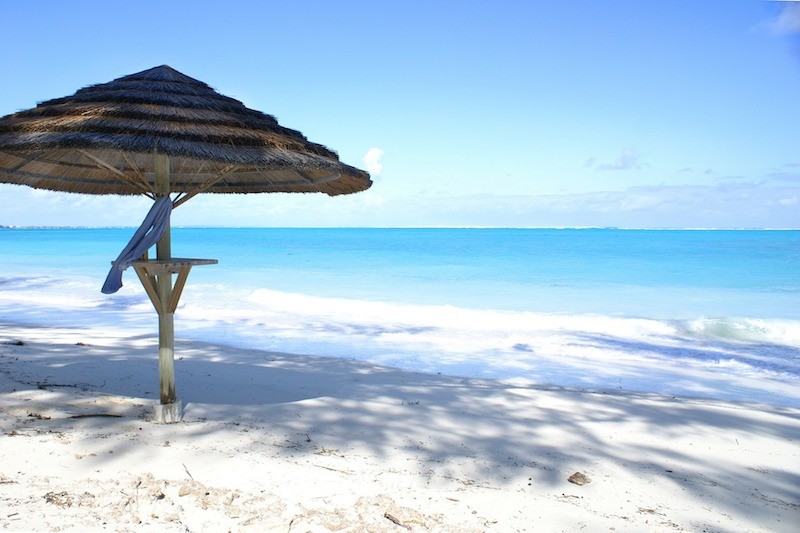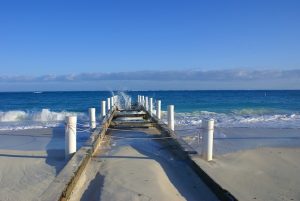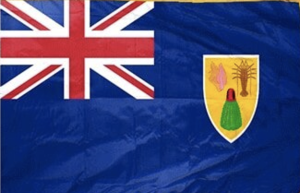Turks and Caicos is an island jurisdiction which offers significant benefits with regards to asset protection. Turks and Caicos Company registration options are numerous. There are many legal vehicles for incorporation that have attractive incentives.
New Companies Legislation in 2017
In 2017, the Government of Turks and Caicos enacted new legislation regarding incorporation. It did so for several reasons. The existing legislation was considered to be out of date and in need of modernization. Updates to the legal framework were also made in order to increase the attractiveness of Turks and Caicos as a financial center. The updates further additional objectives, such as enhancing corporate governance and increasing flexibility for companies.
The new legislation, enacted in September of 2017, established requirements for the identification and registration of the beneficial owners of companies in Turks and Caicos. This was done to provide greater transparency. It was also designed to achieve greater conformity with international ALM (anti-money laundering) standards.
Available Legal Entities
The 2017 Companies Ordinance brought structural changes to the types of companies available in Turks and Caicos. In the original Companies Ordinance, there were five types of companies available for incorporation. These were the non-exempted, exempted, protected cell, non-profit, and limited life forms of incorporation. The 2017 Companies Ordinance reduced the number of legal vehicles for incorporation to four. These are the domestic, international, protected cell, and non-profit forms of incorporation.
Registered Agents
The new rules also changed who is able to form a corporation in Turks and Caicos. It used to be that one or more persons could form a corporation by subscribing his or their names to the Memorandum of Association. In 2017, it was decided that only the person proposed as the company’s registered agent during incorporation may form the company.
The new laws also changed who could be considered a registered agent. In the original Companies Ordinance, registered agents were classified as one of two different types. These types are those who work with exempted companies and those who work with companies which are not exempted companies. For exempted companies, registered agents could be company managers or agents who held licenses under the Company Management (Licensing) Ordinance. For companies which were not exempted, the registered agent could be a director of the company who is ordinarily resident in Turks and Caicos. It could also be a company manager or company agent who holds a license under the Company Management (Licensing) Ordinance. Under the Companies Ordinance of 2017, the registered agent must be a person who holds a license under the Company Management (Licensing) Ordinance. A notice of appointment should be drafted and endorsed by the registered agent indicating their willingness to serve in that role for the company.
Name Registration
The rules regarding name registration were also changed with the new ordinance. Under the previous ordinance, there was no legal requirement for name reservation. Under the new ordinance, there is a legal requirement to reserve a name prior to incorporation, registration, or changing the company name. Names may be reserved for 90 days. Names may be reserved by anyone but they must be transferred to the registered agent prior to incorporation. Schedule 2 of the Companies Regulations lays out the characters which are permitted to be used in corporate names. Names of companies in Turks and Caicos are not permitted to comprise more than 100 characters.
Name Endings
The 2017 Companies Ordinance lays out explicit rules for required endings or phrases which must be attached to a company’s name in Turks and Caicos. Domestic companies must end with “Limited” or “Ltd.” International company names must end with “Limited”, “Ltd”, “Corporation”, “Corp”, “Incorporated”, “Inc”, “Societe Anonyme”, “Sociedad Anonima”, or “S.A.”. Protected cell company’s names must end with “Protected Cell Company” or “PCC.” Unlimited companies should end with “Unlimited” or “Unltd.” Non-profits do not have any specific requirements governing the end of their names.
Documents Required for Incorporation
Under the original ordinance, there were two documents required for incorporation. These were the Memorandum of Association and the Articles of Association. The Memorandum of Association included the name of the company, the registered office of the company, the initial share capital, a declaration of the liability of members, the number of shares subscribed, and the details of the subscribers. The Articles of Association included prescribing the regulations for the company. Following the 2017 Companies Ordinance, only the Articles of Association are required for incorporation. The Articles of Incorporation now include the name of the company, and the type of company. They also include the maximum number of shares the company is authorized to issue, as well as the classes of shares that the company has the rights to issue.
Voluntary Liquidation
Other important changes described in the 2017 Companies Ordinance deal with voluntary liquidation. Under the new rules, a company may only be liquidated if it has no liabilities or is able to pay its debts as they fall due. Liquidation occurs when a notice of the voluntary liquidation is filed with the Registrar. The Turks and Caicos insolvency laws dictate the procedure. The period of voluntary liquidation occurs until it is terminated. During this time, the company is referred to as being “in voluntary liquidation.”
Types of Companies in Turks and Caicos
Domestic
Domestic companies are companies which are incorporated for the purposed of doing business within the borders of Turks and Caicos. Domestic companies must include the word “limited” in their names. Domestic companies in Turks and Caicos have limited liability.
Turks and Caicos is a tax neutral jurisdiction. There are no forms of tax on income or capital gains for domestic companies.
Turks and Caicos domestic companies are legally required to file annual returns. These returns must disclose the names, addresses, and occupations of shareholders, directors, and corporate officers. Domestic companies are required by law to conduct shareholder meetings at least one time per year.
International
Turks and Caicos international companies are premiere legal vehicles for asset protection. International companies, as their name suggests, are companies which do business outside the borders of Turks and Caicos. It is possible for international companies to achieve tax exempt status in Turks and Caicos. There are, however, requirements for doing so. At the time of incorporation, an international company must register a signed declaration with the Company’s Registry. This declaration must state that the main business of the company will be conducted outside of Turks and Caicos. Keep in mind that some countries, such as the United States, tax worldwide income.
Additionally, international companies are permitted to have sole shareholders, directors, and subscribers. Corporate directors, shareholders, and secretaries are permitted to be residents or non-residents of Turks and Caicos. The company can use a foreign name. The company’s capital may also be registered as a foreign currency.
Protected Cell
Protected cell companies are limited liability companies which are structured in such a way that the company is divided into distinct portions. These portions are known as cells. Following the 2017 Companies Ordinance, protected cell companies may not be established without the expressed written consent of the Commission. The articles of a protected cell company are required by law to states that it is a protected cell company. Under Turks and Caicos law, a company which is not a protected cell company may be converted into a protected cell company. This may be done if the conversion is authorized in the company’s Articles of Association. Companies may only be converted into protected cell companies if they are companies limited by shares. Protected cell companies are considered to be single legal entities. The creation of cells does not contribute to the creation of separate legal entities.
Non-Profit
Non-profit companies in Turks and Caicos are established primarily for charitable, religious, social, cultural or educational purposes. They may also be for fraternal purposes or for the purpose of benefiting the public.
Non-profit companies may be companies limited by guarantee which are authorized to issue shares. They may also be companies limited by guarantee which are not authorized to issue shares. The Registrar is not permitted to incorporate a non-profit company without the written approval of the NPO Supervisor.
Activities which are not consistent with the purpose of the company stated in its articles of incorporation are not permitted.
Turks and Caicos Profile
Turks and Caicos are two island groups in the North Atlantic Ocean. They are southeast of The Bahamas and north of Haiti. The islands were part of the UK’s Jamaican colony until 1962. The islands assumed the status of separate crown colony when Jamaica gained its independence. They received a separate governor in 1973 and independence was slated for 1982. However, this decision was overturned and the islands remain a British overseas territory. Hurricane Maria caused significant damage to Grand Turk Island in 2017. It resulted in the loss of power and communications, in addition to destruction of property.
The economy of Turks and Caicos is based on tourism, offshore financial services, and fishing. The majority of capital goods and food for domestic consumption are imported. The United States is the leading source of tourists in Turks and Caicos. Americans account of more than three-quarters of the more than 1 million visitors to the islands in 2013. More than three-quarters of the visitors to Turks and Caicos arrive by ship as it is a popular cruise and luxury tourism destination.




